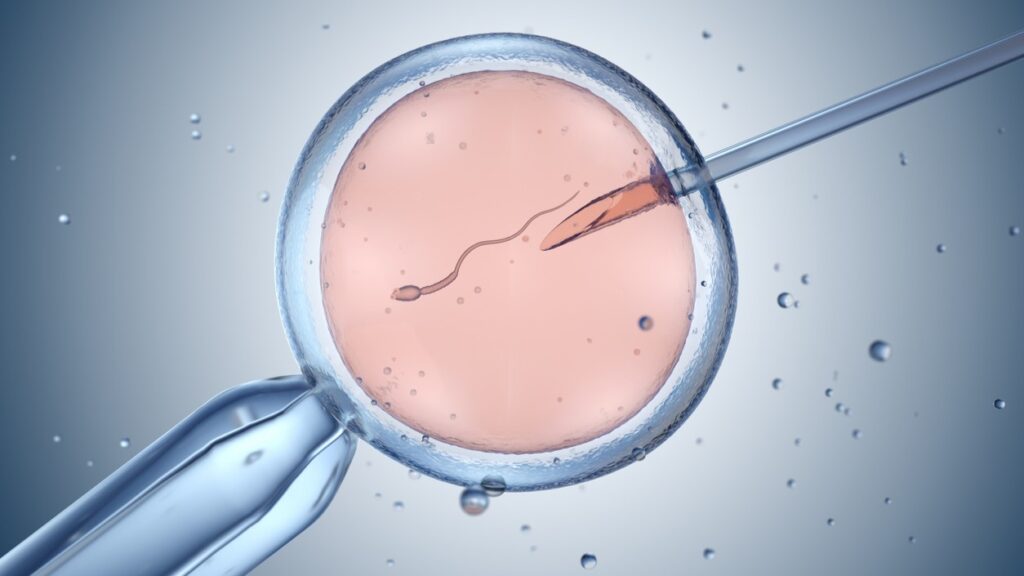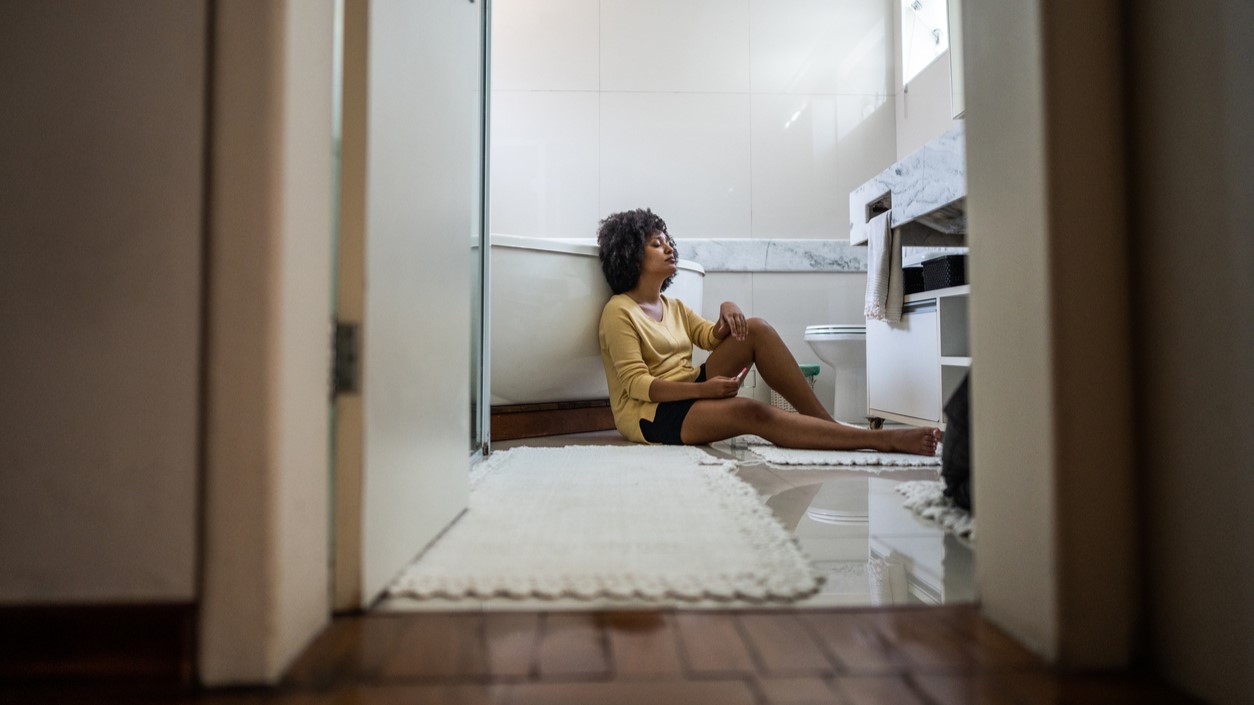Trying to conceive can feel like an endless cycle of hope and heartbreak, leaving many feeling helpless and stressed.
Picture someone who, after years of dreaming about becoming a parent, finds themselves staring at yet another negative pregnancy test. Each failed attempt chips away at their self-esteem, amplifying the weight of unfulfilled expectations—both personal and societal.
They fear their partner will lose interest and worry that whispers of “childless cat lady” might soon become their reality.
This struggle is far from uncommon. Globally, 48.5 million couples grapple with infertility, a condition tied to increased anxiety, particularly among women.
A study in Psychology & Sexuality explores whether sexist beliefs intensify infertility-related stress and anxiety in patients undergoing Assisted Reproductive Technology (ART). By understanding the experiences of those struggling to conceive, we can enhance support programs and reduce social stigma.
Surveying ART patients in Spain

In a bid to improve the mental health of people dealing with infertility, researchers surveyed 215 ART patients in Spain.
Participants had been trying to conceive for 12 to 44 months, with an average of 33 months. At the time of the study, they were undergoing intrauterine insemination or in vitro fertilization.
Among them, 68% were women (146) and 32% were men (69). Men were generally older, with ages ranging from 28 to 53 and an average of 38. In comparison, women’s ages ranged from 23 to 41, with an average of 36.
The study examined the connection between anxiety levels, sexist attitudes, social support, and infertility-related stressors.
It focused on two types of sexist attitudes: hostile sexism and benevolent sexism.
Hostile sexism involves open rejection and hostility toward women. In contrast, benevolent sexism presents a seemingly favorable view of women while still implying their inferiority to men. These attitudes often suggest that women are fragile, less capable, or in need of help and protection.
Using the Infertility Problems Inventory (FPI), the study measured social, sexual, and relationship concerns related to infertility. It also evaluated to what degree participants rejected a child-free lifestyle and felt a need for parenthood.
Unraveling anxiety in infertile couples
Women and individuals with less social support experienced higher levels of anxiety.
This anxiety was primarily driven by greater concerns over how infertility affects their sex lives, social situations, and relationships. A strong desire for parenthood often intensified these concerns, indirectly raising anxiety levels.
Younger participants also reported higher anxiety and were more likely to reject a child-free lifestyle.
Overall, one-third of participants showed signs of an anxiety disorder, including 38% of women and 22% of men.
Compared to men, women had significantly more concerns about sex and social situations. However, both genders had similar levels of relationship concerns, rejection of a child-free life, need for parenthood, and perceived social support.
The role of sexist beliefs
Surprisingly, the study found that sexist beliefs were not directly or indirectly linked to anxiety symptoms.
Benevolent sexism was linked to feeling a stronger desire to become parents and less accepting of a life without children. On the other hand, hostile sexism was linked to greater worries about relationships.
While men scored higher on benevolent sexism than women, there were no significant differences in hostile sexism between the genders.
Supporting patients with infertility

Encountering infertility and undergoing ART can be a challenging journey.
The review found that being a woman and lacking social support led to more social, sexual, and relationship concerns, increasing anxiety. While sexist beliefs were not linked to anxiety, they were tied to deeper relationship worries and stronger views on the importance of having children.
Ultimately, the stress of infertility in daily life had a bigger impact on anxiety in ART patients than their beliefs about parenthood. The authors call for future research to explore what other factors may play a larger role. Additionally, it is important researchers investigate anxiety experienced by LGBTQ+ couples, including the potential effects of discrimination and accessing sperm and egg donors.
With better insights, we can reshape support systems and empower individuals to cope with infertility more effectively, turning challenges into growth opportunities.



